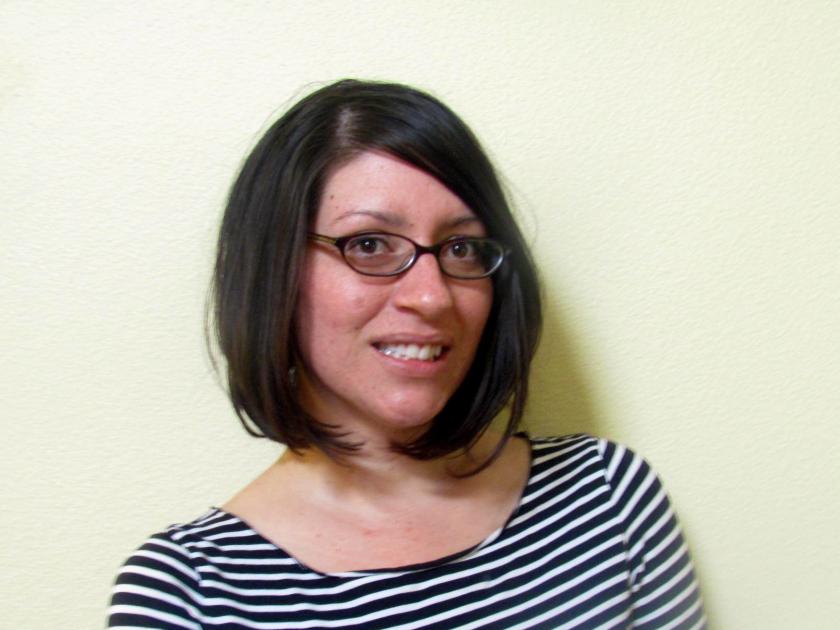
GSLIS doctoral candidate Melissa Villa-Nicholas has been awarded The Barbara and Donald Smalley Graduate Research Fellowship for the 2015 academic year given by the Department of Gender and Women’s Studies, where she is pursuing a graduate minor in queer studies. This $12,000 fellowship supports graduate students working on their dissertation and is awarded to a graduate minor in gender and women's studies for a dissertation proposal that promises to make an important and original contribution to the field.
Towards a Critical Latina Science and Technology Studies: Latinas in the Bell System, 1973-1984
This study provides a critical history of Latina information workers in telecommunications from 1973 to 1984 at the American Telephone and Telegraph Company (AT&T). The purpose of this research is to critically explore how Latinas were engaging technology and included (or not) into the Bell System (AT&T) under the affirmative action suit AT&T v. EEOC. In this study I will focus on: 1) how the Bell System (AT&T), the largest private employer in the United States, engaged and included, or denied access to, Latinas as they entered into the field of Telecommunications; 2) analyzing the ways in which Latina subjectivity is mutually constituted through technology, gender, and race through their inclusion into the Telecommunications sector and the larger turn of the economy to neo-liberalism; 3) the oral history testimonies of Latina women on their experience in the field since the Consent Decree, 4) how social constructions of gender, race, and place-based identities produce particular engagements with Telecommunications technologies, which in turn reproduce and structure these identities.
At the heart of this research is the beginning of a critical history of Latinas and information technologies, which engages an active analysis of resistance and incorporation into digital capitalism. To move towards a Latina Science and Technology Studies recognizes the discourse of Latina incorporation by the state (the EEOC) and private sector (AT&T) through the biopolitics of inclusion into Telecommunications, and how their subjectivity is constituted with technology and power. This project emphasizes Latina socio-techno practices and how they are incorporated into their social and cultural lives, as well as their resistance to these systems, which are deeply connected to the contemporary global and political economy. A critical Latinas Science and Technology Studies simultaneously considers the raced, gendered, and class contexts of Latina information workers while also prioritizing their narratives and lived knowledge of information technologies.